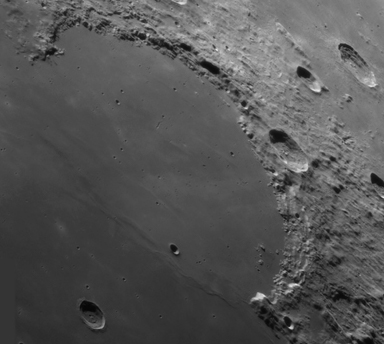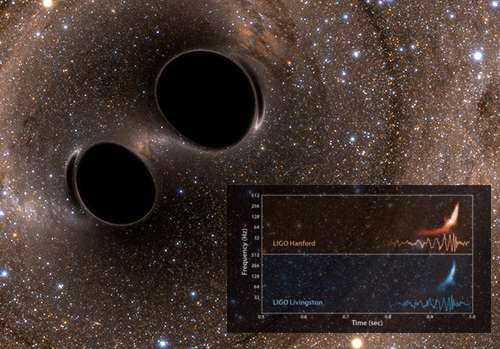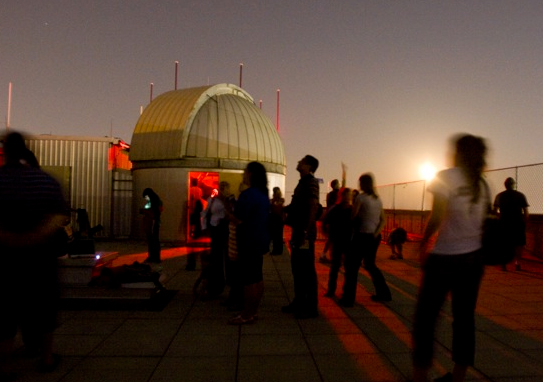Out of Class Activities
Participation in certain authorized (in advance) out-of-class activities and events can be used to earn extra credit (see Syllabus). These include the following:
Star Parties
You can earn participation credit by attending Astronomy Department-sponsored Star Parties, which occur on Wednesday, Friday, and Saturday evenings during the semester, weather permitting. The Wednesday night events are held on the roof of RLM Hall, while the Friday and Saturday ones use the telescope on the roof of Painter Hall. Important: You must request a signed slip from the person in charge, and turn it in to either of the T.A.s within 2 weeks of the star party (or by the last class meeting, whichever comes first) to receive credit. A maximum of 3 star parties, each with proper documentation - the slip must have your name and EID as well as the signature of the Star Party host.
The general website for public viewing is here:
http://outreach.as.utexas.edu/public/viewing.html
Pdfs of our flyers can be downloaded from:
http://outreach.as.utexas.edu/pdf/rlm.pdf (Wednesday Star Parties), and
http://outreach.as.utexas.edu/pdf/painter.pdf (Fridays and Saturdays)
Public Lectures
Extra credit can be earned by attending an approved Public Lecture and turning in a short (half a page to one page), handwritten summary of what you heard and learned from the talk. This is not a review (don't just say "it was a great talk" and that's all), nor is it acceptable to copy down the slides and turn that in. This needs to be a paragraph or two written in your own words, mentioning some points you took away from the talk. The summary is due at the beginning of class on the second Thursday after the talk or the end of the semester, whichever is sooner.
 Special Talk: Thursday, Nov. 17, 2016
Special Talk: Thursday, Nov. 17, 2016
"Making the Man in the Moon: Origin of the Nearside Maria and
Geochemical Anomalies,"
Dr. Peter Schultz
4:00 PM, Boyd Auditorium (JGB 2.324, across the street from Welch)
Dr. Peter Schultz, a professor emeritus from Brown University and an alumnus of UT (Ph.D. 1972), will give a talk in the DeFord Lecture Series in the Jackson School of Geophysics. This is not billed as a "Public Talk," so it may be somewhat technical. However, your professor has checked with the host department, and they say that astronomy students are welcome to attend. (I know the auditorium is large and comfortable.) Write-ups will be due no later than Tuesday, Nov. 29 but will be accepted in class on Nov. 22. As with the other talks, we expect a (legibly) hand-written description of the talk, at least half a page in length, containing some real information from the talk but not a copy of the slides, and not just a review ("this was a great talk, great pictures"). The write-up must convince the reader that you did attend the talk and absorbed at least some of the information.
 Public Lecture: Wednesday, Sep. 21, 2016
Public Lecture: Wednesday, Sep. 21, 2016
"Gravitational Waves and Colliding Black Holes,"
Dr. David Reitze
7:30 PM, Hogg Memorial Auditorium
Dr. David Reitze, Executive Director of LIGO (the Laser Interferometric Gravitational-Wave Observatory), also a UT alum, will give a public talk about the recent direct detection of gravitational waves from merging black holes. This free talk qualifies as one of the public talks for extra credit in Ast 309N. Further details can be found here.
 Public Lecture: Friday, Sep. 16, 2016
Public Lecture: Friday, Sep. 16, 2016
"The Amazing Mission to Pluto,"
Dr. S. Alan Stern
7:00 PM, Austin Independent School District Performing Arts Center (off campus location)
Dr. Alan Stern, Mission Leader for the New Horizons spacecraft that encountered Pluto in 2015 (and a UT alum), gave a widely popular Public Lecture at UT in February 2016 that was attended by a number of Ast 309N students. He will give another talk about Pluto on Sep. 16 at an off-campus location (in the Mueller district). As of Aug. 29, there is a waiting list to attend in person, but it will be streamed, and made available to watch on the Web afterwords. If you choose either of these options, your write-up will be due Thursday, Sep. 29, at the beginning of class. For more details, see this link, here.
16 November 2016
CNS Help Request · web accessibility policy · web privacy policy

